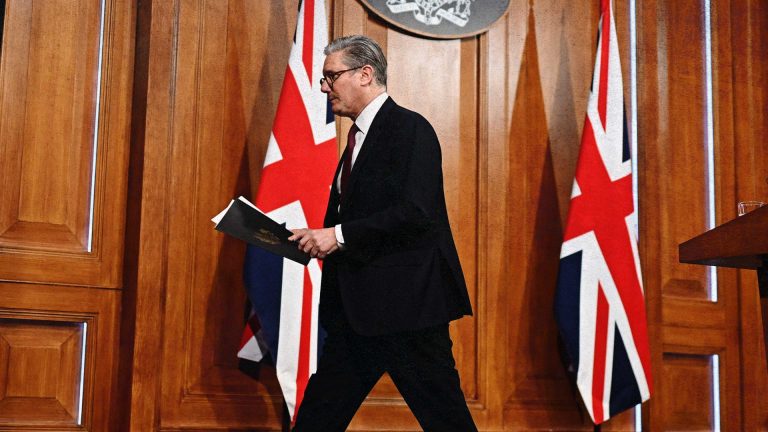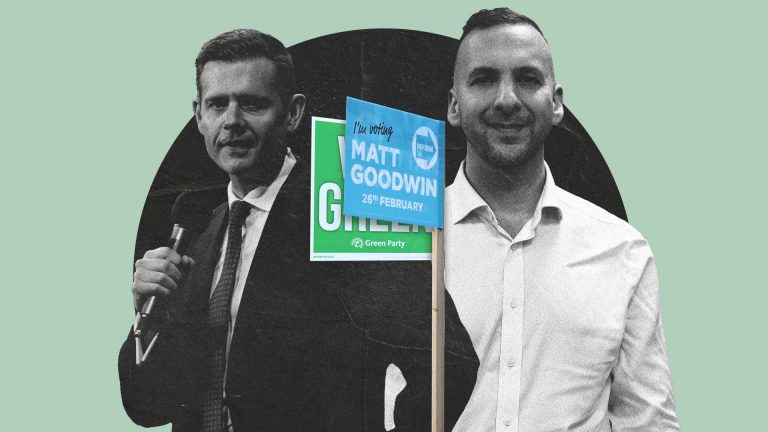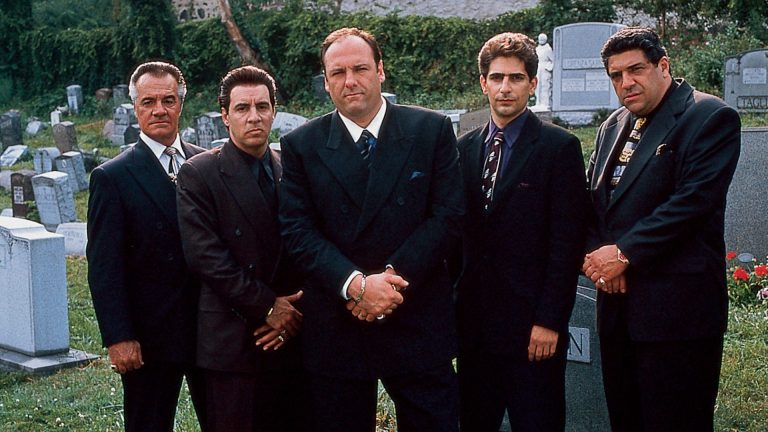Labour knew that it would be inheriting a bad situation if it won last year’s general election. The public finances are a mess, services desperately need investment, and the country both is and feels thoroughly run down.
Keir Starmer knew he wouldn’t be able to come in and suddenly spend more money. Instead, he had one top priority and way out, which he has emphasised again and again. “Economic growth is the oxygen for our ambitions,” he told the CBI conference in November 2022. “Growth… is the number one priority of this government,” he said in August last year. “Should we do X?” he asked rhetorically in a speech in January. “If it’s good for growth, good for wealth creation, the answer is ‘yes’, if it’s not then the answer is ‘no’.”
The message is about as clear as it gets from Starmer: growth is not just important to this government, but its top priority. He has been similarly repeatedly clear that planning reform was an essential part of the government achieving that goal. Starmer’s New Year’s speech in 2024 promised that “only Labour will bulldoze through planning red tape and get Britain building” and said a government led by him would deliver a nation “with higher growth, a reformed planning system no longer blocking the homes, infrastructure and investment we need.”
Both economic growth and planning reform were central to Labour’s pitch to the electorate that won them a landslide victory just 12 months ago. Planning reform was in that winning manifesto – and any policies that are contained in manifestos have a special status in the UK’s unwritten constitution, with the Lords unable to block them on longstanding convention.
Labour has both the mandate and the ability to deliver planning reform. It is a policy widely supported by its MPs. And so many of them were baffled to the point of despair last week when the government quietly backed down on a number of amendments to its planning legislation, in the face of inevitable pressure from conservation groups and others.
“For the first time the Labour Government is backing the blockers, not the builders,” said the Labour YIMBY group. “Extremely disappointing that the government is giving in,” said Priced Out. Duncan Robinson of the Economist summarised online reaction to the amendments on X: “Making planning reform a pillar of your growth strategy and then gutting it would be soooooooo ‘all pain, no gain’.”
The reaction inside Labour – whether MPs, staffers, activists, or policy wonks – at these shifts is almost universally the same: outright confusion. The government has a majority of more than 100, and the Lords are unable to block this legislation. While some backbenchers don’t like the legislation, there is no chance of a rebellion on anything like the scale of those seen on welfare reform.
Making everything even stranger is that the government rejected amendments very similar to these when they were first introduced in the Commons. In fact, Chris Hinchliff, the MP who had agitated most prominently for the bill to be watered down, was one of four MPs who had the whip suspended last week for repeatedly agitating against the government – a move justified in part to assuage loyalists.
Number 10 essentially kicked Hinchliff out of the Parliamentary Labour Party – at least for a time – and then handed him a huge personal political victory. “Make it make sense,” one Labour staffer begged.
Suggested Reading


Keir Starmer: the vindictive captain of a gloomy ship
The government insists that the Lords amendments are substantively different from those rejected in the Commons, but supporters of planning reforms believe their effects will be the same, in that they will give activists grounds to snarl up development indefinitely in legal disputes over conservation.
One Labour MP suggested that Number 10 has straightforwardly lost the ability to do parliamentary maths. There are only five named MPs in the Blue Labour parliamentary grouping, while the Labour Growth Group has more than 100 – but despite this, the concerns of the former seem to radically outweigh those of the latter.
Three leading MPs from the group wrote this week in the New Statesman, identifying “five modern giants” afflicting the UK. These included “a planning and delivery system so clogged that Britain cannot build the homes, transport links, and infrastructure a modern economy demands” and “a regime of regulation and culture of hesitation that saps investment, dulls innovation, and turns ambition into retreat”.
A senior MP within the group said the article had been drafted before Labour’s planning U-turn, but had ended up accidentally on the money. “It was written beforehand but, yes, we are not going far enough on planning reform,” he said. “The bigger problem is that the bill wasn’t ambitious enough to start off with, and we are still giving too much power to Natural England, who are fucking useless.”
The planning concessions have soured the mood of Labour’s already beleaguered loyalists ahead of the summer recess. Many of the new intake had publicly held the line with the government because of their hopes for planning reform and pro-growth policies – even if they thought the government wasn’t being ambitious enough in what it was attempting.
By backing down in the face of relatively minimal opposition, the government has scotched their hopes of bigger and bolder reforms coming down the line, and replaced them with a sense that despite its commanding majority, Number 10 is just not willing to do anything politically bold.
Labour’s whole theory is that the UK needs growth to get out of its long stagnation, and it needs planning and other reforms if that growth is going to happen. In turn, Number 10 believes any hopes of re-election depend on delivering that.
And yet the government seems to be avoiding every tough choice, watering down every reform, and thus condemning the UK to more of the same – which every faction in Labour believes could hand the keys to Number 10 to Nigel Farage in a few years’ time.
Number 10 deliberately ended the year picking a fight, yet again, with Labour’s left flank, but it seems to have landed a bigger body blow on its own loyalists. The effects of that might not blow up in public quite so immediately, but they could be far more significant. Labour backbenchers are losing confidence that their prime minister is even trying to get things done. If that attitude cements, this can only get worse.











